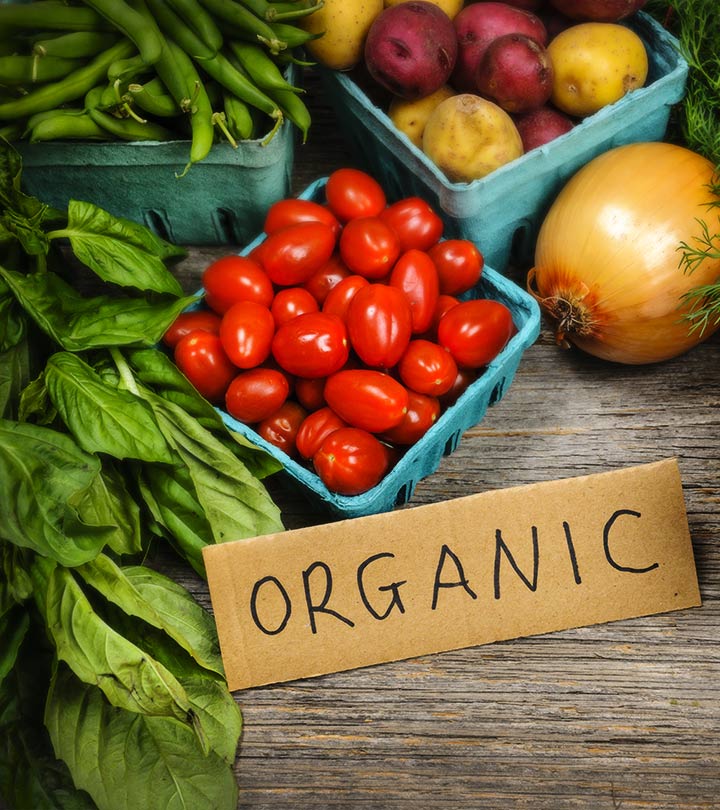
Organic foods are often a better choice for your health and well-being. They're free of pesticides and contain fewer preservatives than non-organic foods.
Research has also shown that organic farming methods are more energy efficient, release fewer toxins into the air, and are healthier for the environment. Organic foods are also richer in nutrients, such as vitamins and minerals, enzymes, and micronutrients.
Less Pesticides
If you choose organic foods, your body will have a lower exposure to pesticides than if you choose conventionally grown produce. This is because organic farmers use natural pesticides and do not spray synthetic chemicals on their crops.
Some studies have found that eating an organic diet can help prevent and treat disease, such as cancer and heart disease. The reason this is true is that organic foods contain more antioxidants than conventionally grown fruits and vegetables.
Moreover, the antioxidants in organic produce can help decrease oxidative stress in your system. This is important because oxidative stress can lead to chronic diseases such as cancer, heart disease and Type 2 diabetes.
However, there is one caveat to the positive effects of eating organic: You may still be exposed to pesticide residues on your food. Fortunately, the Environmental Working Group (EWG) has a shopper’s guide that identifies produce with high or low levels of pesticide residues.
More Nutrients
Organic foods are a great source of many vitamins and minerals. They also contain higher levels of antioxidants than conventionally grown crops, which can help lower oxidative stress in your body and reduce the risk of cancer, heart disease, and other health problems.
Another benefit of eating organic is that it reduces your exposure to toxins in the environment and food. These chemicals are known to cause cancer and other diseases.
In addition, a diet with the proper balance of omega-6 and omega-3 fatty acids helps decrease your risk for heart disease and other health conditions.
While you may not be able to afford all of your food from an organic grocery store, it's a good idea to choose the highest-quality fruits and vegetables you can find. This can save you money in the long run and help ensure that you're getting the nutrients you need to stay healthy.
Better Taste
Organic foods tend to taste better because they do not use chemicals and preservatives to keep them fresh. The foods are also produced in season, which means they are available when they grow best.
Moreover, organic foods can also be healthier than conventionally grown foods. In addition, they can be more affordable.
There are several reasons for this:
First, the farmers who grow organic food do not use pesticides, chemical fertilizers, or sewage sludge. This is because they believe in using natural methods for growing their crops.
Second, the livestock on these farms are free to graze as they please without being treated with hormones or antibiotics. This is the main reason why the meat and milk on these farms are of higher quality than those from commercial farms.
Lastly, if you are interested in purchasing organic foods, it is important to read the label. Be sure to choose products that are made with at least 70% organic ingredients.
Better Health
Organic foods are often free of chemical pesticides, and this can improve your health. They may help to protect against cancer and other diseases linked to consuming chemicals like organophosphorus.
Another benefit of eating organic foods is that it reduces the risk of allergies and eczema. Similarly, it helps prevent and heal digestive disorders such as gastric reflux.
It also strengthens your immune system, which will protect you against illnesses such as the flu and colds. It can also increase your energy, allowing you to work harder for longer periods of time.
Moreover, organic produce is higher in antioxidants than non-organic foods, which can lower your risk of chronic diseases.
However, it’s important to note that there aren’t enough high-quality studies to prove that eating organic benefits your health more than non-organic foods. It’s also important to remember that organic foods may be more expensive than conventional ones, so you’ll have to decide whether or not they’re worth it for you.
Frequently Asked Questions
What is an inorganic food?
Organic food is produced without the use of artificial fertilizers and pesticides. These chemicals can be harmful for your health.
Organic food is produced naturally and without any harmful substances, such as chemical fertilizers or pesticides. These chemicals can harm humans and animals.
Inorganic food is meat, fish, eggs and dairy products, including butter, yogurts honey, yogurts, butter, cream, cheese, butter, yogurts, honey and grains.
Organic refers the way an agricultural product grows. For example, organic farming uses natural methods and soil amendments to grow crops, while conventional farming uses synthetic fertilizers and pesticides.
Organic foods must comply with strict guidelines set forth by the U.S. Department of Agriculture. All organic food must comply with the National Organic Program Standards. This means that it must not contain prohibited materials like antibiotics, growth hormones or genetically modified organisms (GMOs), as well as industrial solvents. Additionally, organic food must be raised without toxic chemicals, petroleum-based fertilizers, sewage sludges, or ionizing radiation.
What are organic beauty items?
Organic Beauty Products are natural products without synthetic chemicals such as petroleum, parabens, phenoxyethanol, phthalates, and artificial preservatives. These ingredients are found in most conventional beauty products, including cosmetics, perfumes, shampoos, etc.
Organic beauty products are not tested on animals and contain no genetically modified organisms.
The USDA defines the term' organic' as "a system of production that fosters cycling of resources" and has been used for decades to describe foodstuffs grown without pesticides.
Due to the adverse effects of chemicals on our bodies, there has been a growing demand for eco-friendly cosmetics in recent years.
These include skin irritations, cancer, hormonal imbalance, premature aging, and allergies.
Organic beauty products are created by companies that care about the environment and create safe, healthy products for customers.
What are organic foods and how do they compare?
Organic produce can be grown without the use of pesticides or synthetic fertilizers. No growth hormones are used, and there is no animal testing. These crops can naturally grow, so no chemicals are used by farmers to combat pests or weeds.
Organic farming methods also help to preserve soil quality, reduce erosion, and conserve water resources. Organic foods are healthier than conventional foods because they have more nutrients. Organic products tend to be higher in fiber and lower fat than conventionally produced foods.
What are the health benefits of organic farming
Organic farming gives farmers the opportunity to grow food without the use of chemical pesticides. Organic farming is a way for farmers to produce food without using harmful pesticides.
Organic farming also offers more natural fertilizers. These fertilizers are good for plants that are healthy and reduce chemical waste.
Organic farming is also beneficial for the environment. For example, organic farming uses composting techniques to re-use nutrients in the soil. This reduces pollution and preserves valuable resources.
Organic farming is good for the environment and increases crop yields. This is because there is much less water used during the growing season.
Organic production methods mean farmers can get higher prices. Consumers who are more aware about the dangers associated with pesticides, chemical fertilizers, and other chemicals will choose healthier foods.
This drives up the demand for organic products. Organic farming has become increasingly popular.
Statistics
- When packaged products indicate they are “made with organic [specific ingredient or food group],” they contain at least 70% organically produced ingredients. (usda.gov)
- Nutrients like omega-3 fatty acids were up to 50 percent higher in organic meats and milk than in conventionally raised products.[3] (en.wikipedia.org)
- Once certified by the USDA, it can fall into one of four categories: "100 percent organic", "organic," "made with organic ingredients," or "made with less than 70 percent organic ingredients. (en.wikipedia.org)
- As for organic meat, regulations require that animals be raised in living conditions that accommodate their natural behaviours (like the ability to graze on pasture), fed 100% organic feed and forage, and not administered antibiotics or hormones. (usda.gov)
External Links
ota.com
doi.org
- A Review of Journal of Toxicology and Environmental Health: Cancer Risk and Occupational Pesticide Expositions: Part B: Vol 15, Number 4
- Genetically modified food: safety, risk and public concerns - a review - Journal of Food Science and Technology
ams.usda.gov
ncbi.nlm.nih.gov
- PubMed Assessment of the micronutrient compositions of plant foods from conventional and organic agriculture methods.
- Comparison of the total ascorbic and phenolic acid contents of air-dried and freeze-dried marionberry, strawberry and corn grown using conventional, organic and sustainable agricultural practices – PubMed
How To
How to get Organic Meat on a budget
This post will share some tips and tricks to help you buy organic meat without breaking the bank.
Here are some tips to help you find low-cost organic meats. Also, how much per pound they cost. You will be able to make the most of what you have purchased.
Healthy eating doesn't require you to spend a lot. Sometimes creativity is required to make money while still eating healthy. Here's my list of ways to keep your food costs down while enjoying organic meat's benefits.
- Shop at wholesale clubs - Sams Club or Costco are great places to buy bulk foods such as chicken breasts and pork chops. If you're lucky enough to live near one of these stores, you can often get deals on large quantities of meat (up to 50 pounds). You won't have to waste meat. It's also possible to freeze meat purchased in bulk so that it lasts longer.
- Shopping online is easy - There are tons of websites that sell meat at reduced prices. Amazon has Prime Pantry, a weekly sale that offers free shipping for orders over $35. They offer discounts on beef roasts, ground beef, lamb steaks, and pork loins. It's simple to visit their website to view the latest offerings at different times.
- Find a local farmer - Local farmers usually charge less than big box retailers because they do not pay considerable fees to stock their shelves. They also know what their animals ate and drink so they can tell exactly what is inside.
- Look for meat cuts that are leanest - Lean meat is generally cheaper to cook than fatty meat. You should always look for the best cuts. The most popular cuts are flank steak, sirloin steak and tenderloin roast. These cuts are very low-fat and high in proteins.
- You don't have to be afraid to try new recipes. Start cooking with ingredients that you have never used before. This is one of the easiest ways reduce your grocery costs. You might be amazed at the delicious recipes you can create with fresh tomatoes and onions, garlic, olive oils, and spices.
- Use leftovers to create new recipes. Remaining meat can be used for quick lunches or dinners.
That's it! This is my list of tips to help you afford organic meat, even if your budget is tight. What other tips do you have? What other tips do you have for me?
Resources:
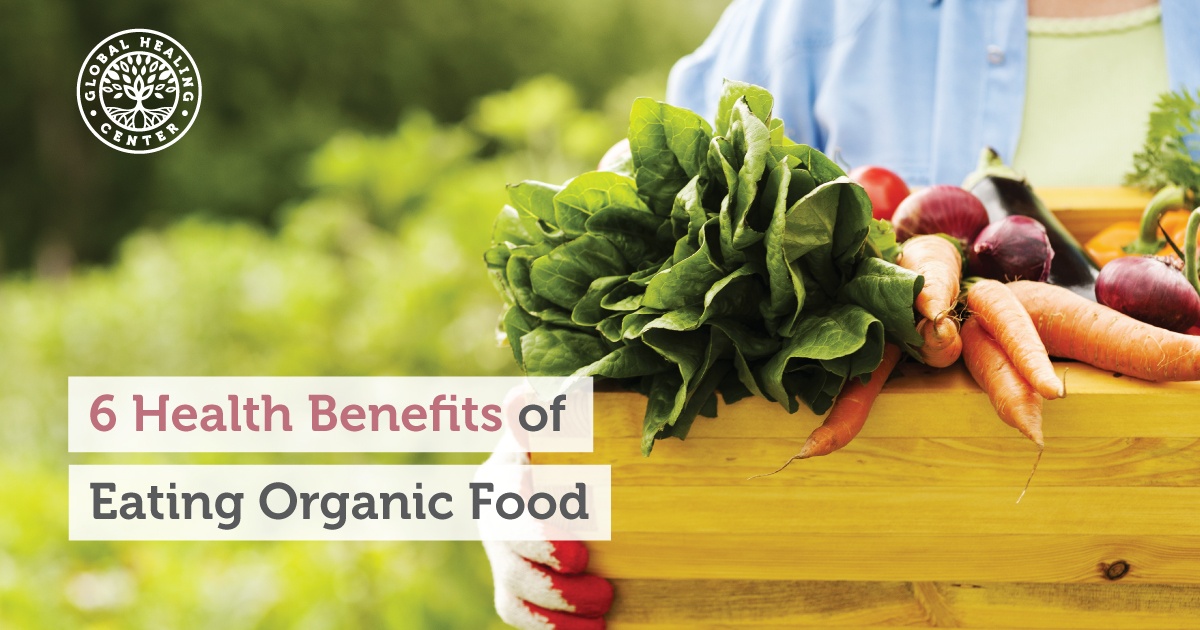 |
Nuts and SeedsNuts and seeds are nutrient-rich crunchy tidbits that add a protein, fiber and healthy fat punch to meals and snacks. They’re also a great source of.. |
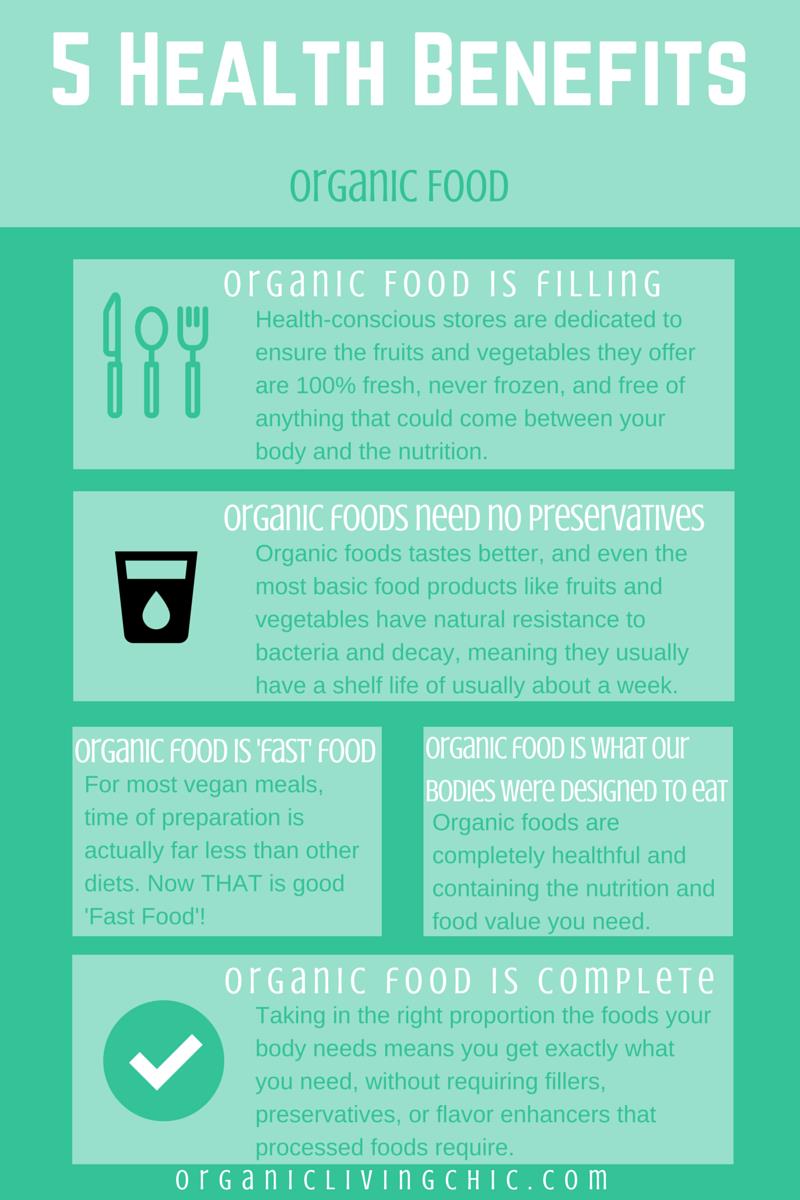 |
Organic Food For A Six Pack? The TRUTH About Organic vs Conventional Foods!Get ripped and keep your strength: http://goo.gl/uLzHn6 Hey guys, it's Clark over at Six Pack Shortcuts and today we're gonna talk about organic vs |
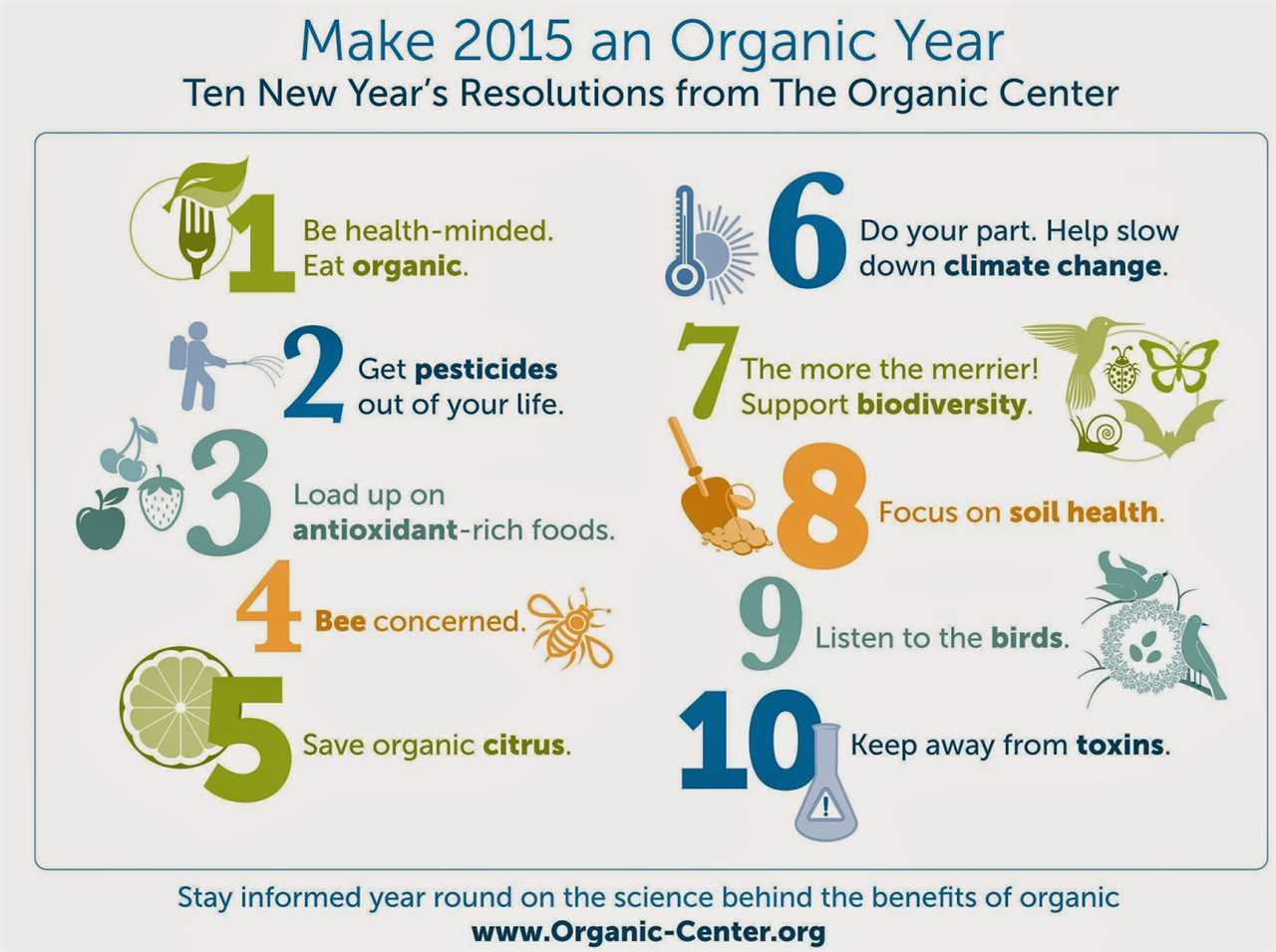 |
Organic vs Conventional Produce - The Dirty Dozen & Clean 15 ExplainedClick https://skl.sh/flavcitywithbobbyparrish to get 2 months of Skillshare for FREE! Here is a full review of the dirty dozen fruits and vegetables and |
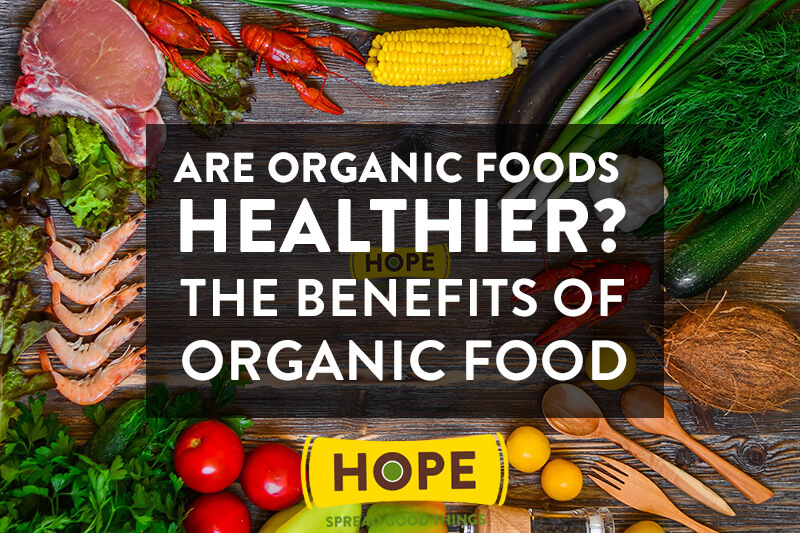 |
Are Organic Foods Really Healthier?It's widely believed that organic foods are more nutritious and safer than non-organic foods, even though the evidence is far from clear. Food certified as |
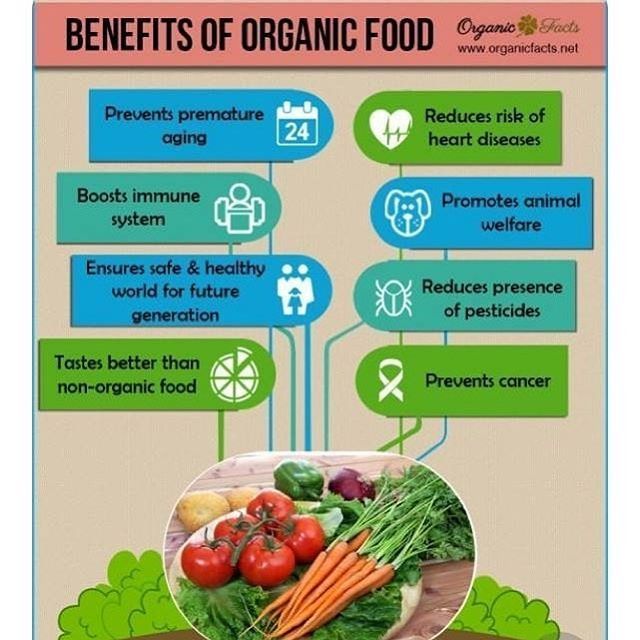 |
Are GMOs Good or Bad? Genetic Engineering & Our FoodAre GMOs bad for your health? Or is this fear unfounded? OUR CHANNELS German Channel: https://kgs.link/youtubeDE Spanish Channel: |
 |
How the food you eat affects your brain - Mia NacamulliView full lesson: http://ed.ted.com/lessons/how-the-food-you-eat-affects-your-brain-mia-nacamulli When it comes to what you bite, che […] |
 |
Is Buying Organic Food Worth The Cost?Subscribe to Goodful: https://bzfd.it/2QApoPk Goodful Goodful Feel better, be better, and do better. Subscribe to Goodful for all your healthy self care |
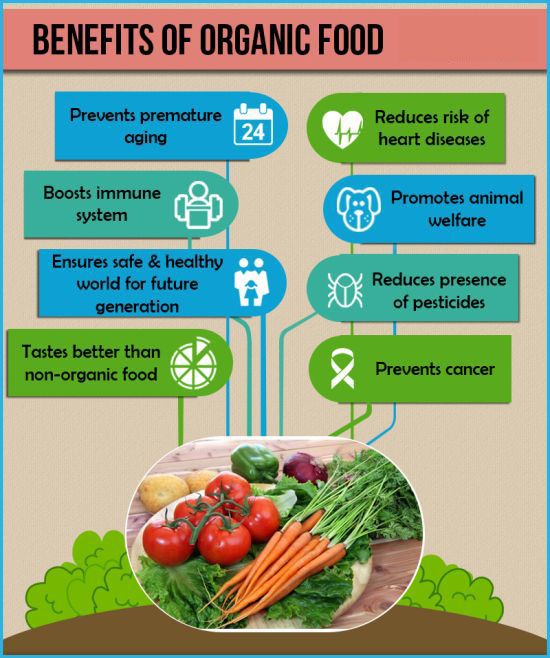 |
Benefits of Choosing Organic Gluten-Free OptionsIf you’ve been diagnosed with gluten sensitivity or celiac disease, you know how hard it can be to avoid foods containing wheat and other grains. But |
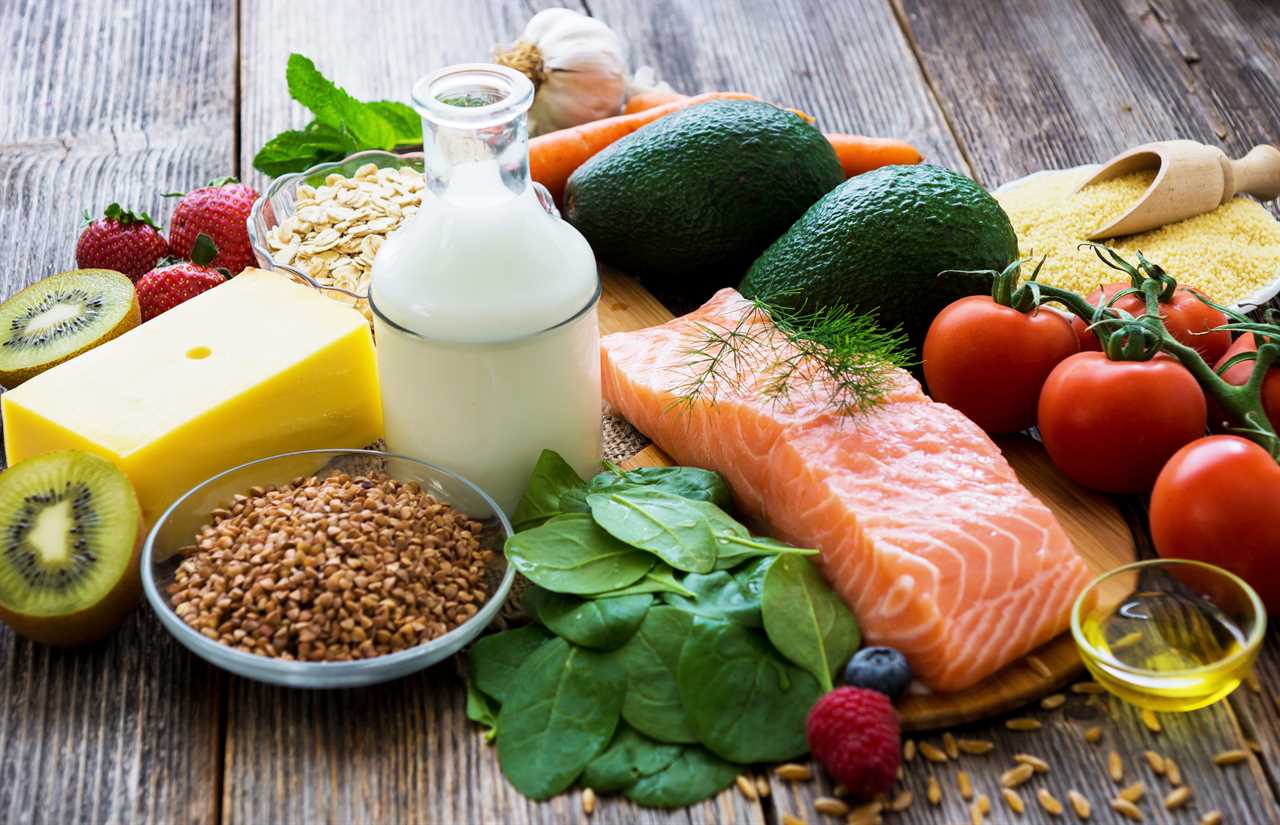 |
Joseph Wang LIVE (Bank Bailouts and Moral Hazards Deep Dive)buy my stuff Come to rebel capitalist live at https://rebelcapitalistlive.com Check out my private, online investment community (Rebel Capitalist Pro) |
 |
Organic Farming and Soil HealthOrganic farming practices promote soil health through crop rotations, symbiotic associations, cover crops and minimum tillage. These management.. |
 |
Research Reveals How Your Body Reacts When You Eat Only Organic FoodsThere is a growing belief that organic foods are healthier for us than non-organic foods. This ever-increasing belief is responsible for significant growth in |
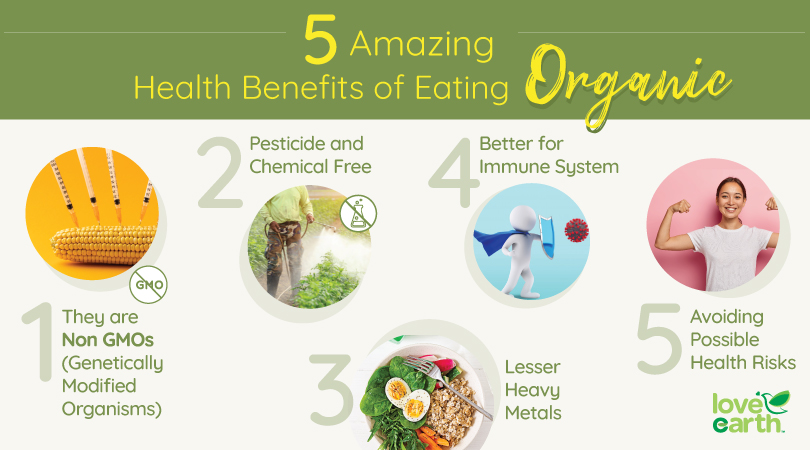 |
Stop Wasting Money on These ORGANIC Veggies (you don’t need to buy them organic)Click Here to Subscribe: http://Bit.ly/ThomasVid Get MY Recommendation on Groceries Delivered to Your Doorstep with Thrive Market: http: […] |
 |
If You Eat an Avocado a Day For a Month, Here''s What Will Happen to YouWhat Will Happen to Your Body If You Eat Avocado Every Day. The avocado is a unique fruit with multiple nutritional and health benefits. How would your body |
 |
Korean GardeningKorean gardening is one of the oldest ways to grow plants. It involves planting herbs, fruits, and vegetables that are used in kimchi, a type of.. |
 |
The Rodale InstituteThe Rodale Institute is a nonprofit organization that aims to support research into organic farming. It was founded in 1947 by J. I. Rodale, an.. |
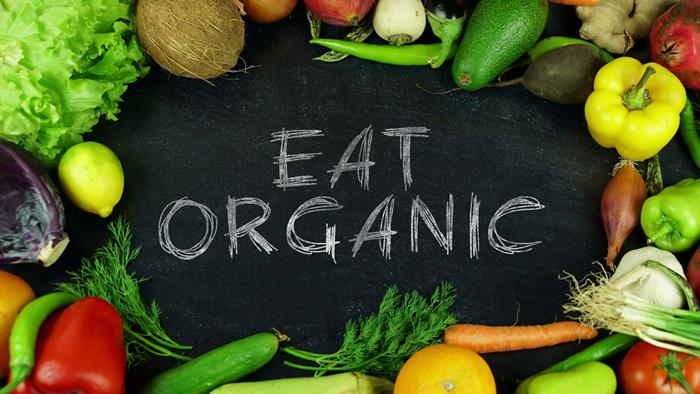 |
Organic eatingOrganic Cultur |
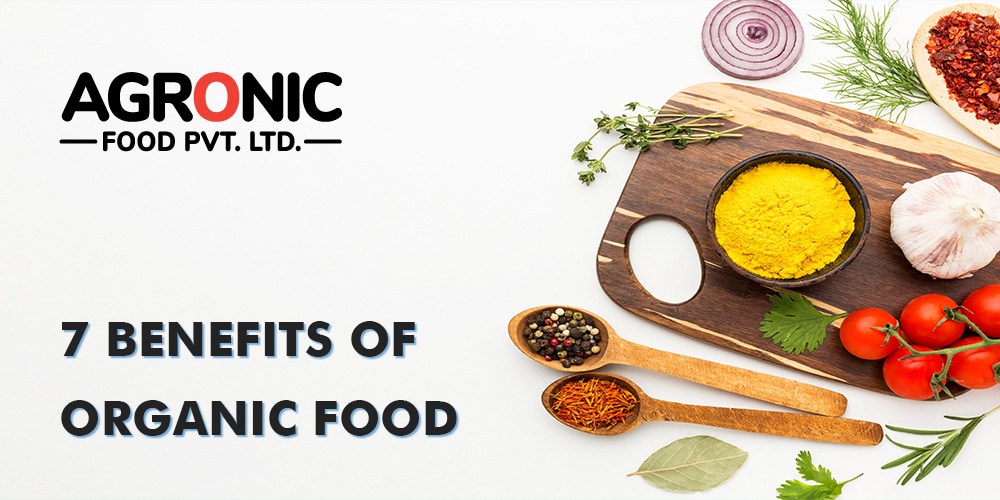 |
What is a Conventional Farm?Conventional farm is the term used to describe a farm that is not organic. It is a form of agriculture that is associated with better soil quality,.. |
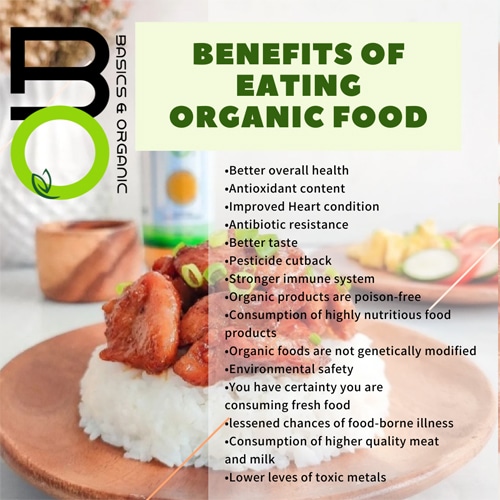 |
Chhattisgarh's Organic Farming SchoolsThe government of Chhattisgarh has started to introduce organic farming schools. This initiative is intended to provide the young generation with the |
 |
Can Organic Be GMO?The question Can organic be GMO is an ongoing debate among many consumers. While it's possible to eat foods that have been produced using genetic.. |
 |
When Did Organic Food Start?The answer to the question when did organic food start? will vary depending on the time period in which you are looking at. For instance, it may be a |
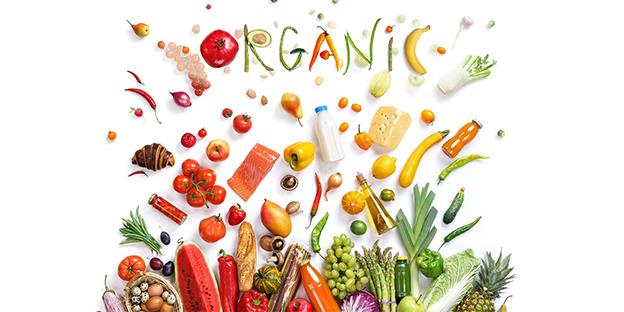 |
Organic Farming PrinciplesOrganic farming is a practice that is designed to be sustainable and healthy. Its principles include avoiding harms produced by industrial farming.. |
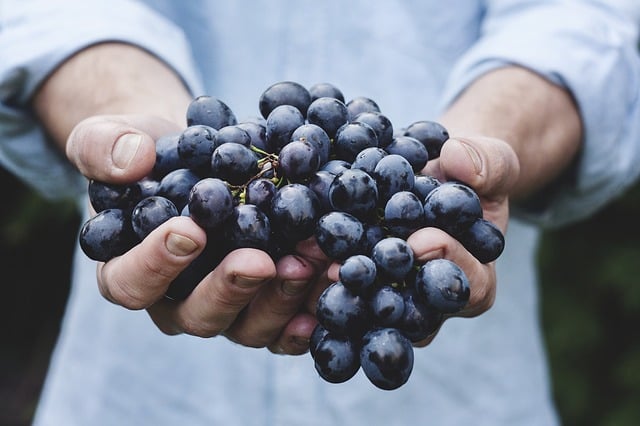 |
Soil Composition and BiodiversityThe soil that we have around us is a vital part of our lives. It is the home for many plants and animals. It also has a texture, a color, and many.. |
 |
The Benefits and Pitfalls of Organic Farming OrganizationsOrganic farming is an approach to farming that is not only ecologically sound, but also financially feasible. It is a method that is free from.. |
 |
Exotic VegetablesWhen it comes to vegetables, there are plenty of choices to choose from. Some of the most popular choices include broccoli, corn, carrots, and.. |
 |
Learn How to Become an Organic Farmer Through a Training ProgramIf you are looking to become an organic farmer, there are several ways you can do so. One option is to take a training program that will teach you.. |
 |
Benefits of Cover CropsIf you aren't familiar with cover crops, you may be surprised to learn that they are plants that are planted to grow on top of the soil to help.. |
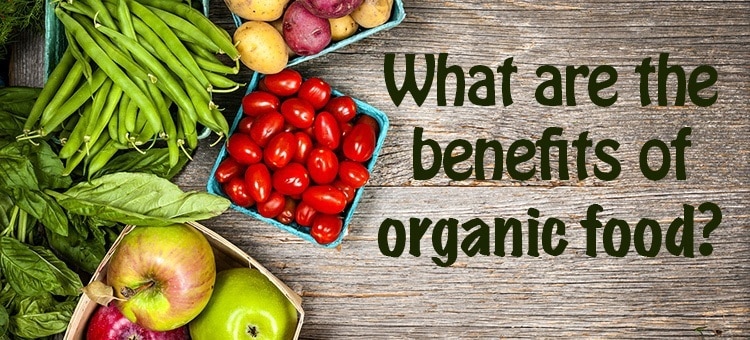 |
What is Organic Cotton?Organic cotton is the type of cotton that is grown without using pesticides or chemicals. It is also the type of cotton that is grown in subtropical.. |
 |
Is Organic Farming Beneficial to Biodiversity?Organic farming is a growing interest in the scientific community, and researchers have been investigating whether the practice is beneficial to.. |
 |
The Benefits of CompostingComposting your waste can be a very effective way of ensuring that your organic material is being broken down to the best of its ability. When.. |
 |
The Difference Between Organic Milk and Regular MilkOrganic milk is a type of milk that comes from livestock that is raised according to organic farming methods. This is a term that is regulated by.. |
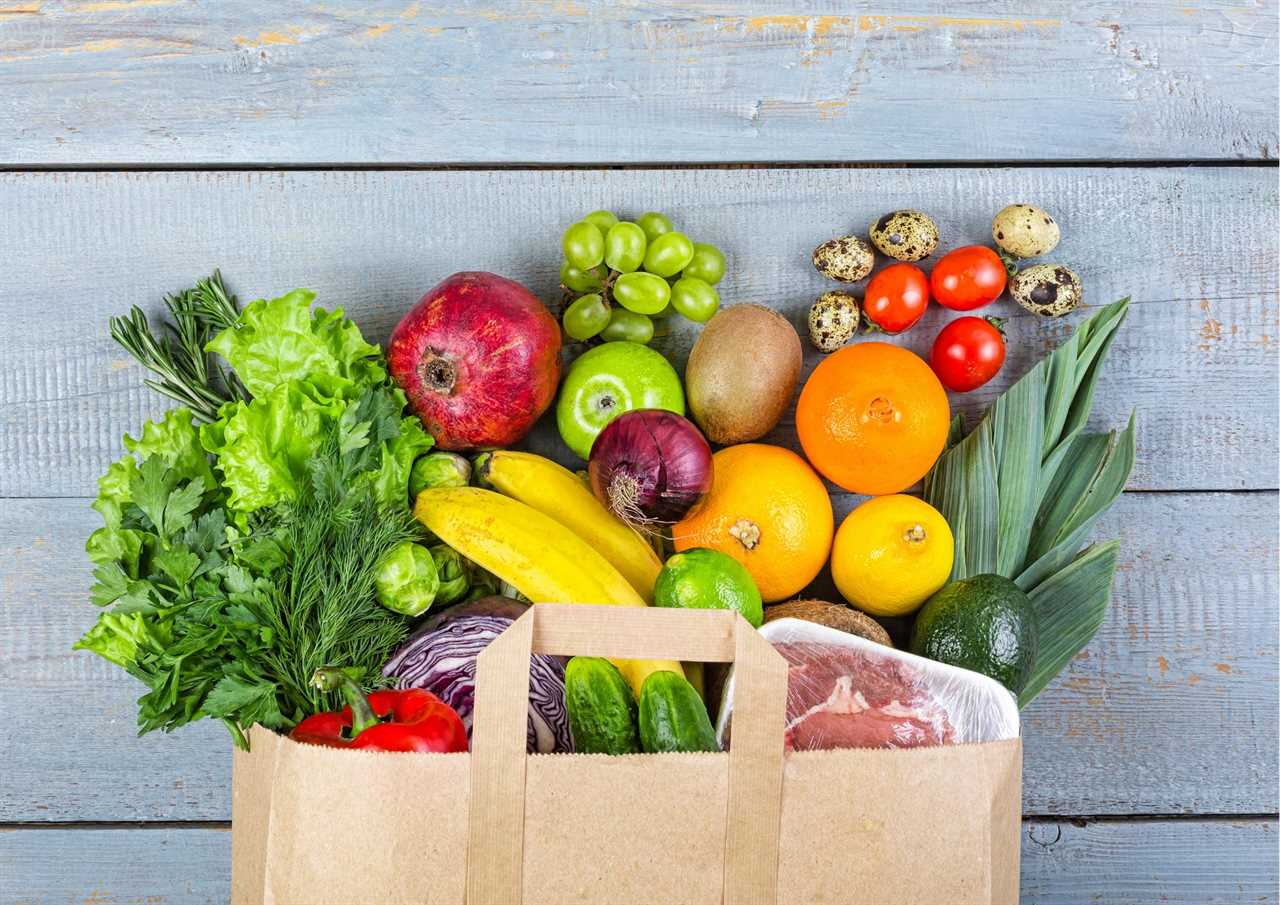 |
Organic Farming MagazineOrganic farming magazine is a resource that provides you with the latest information on organic agriculture, health, and sustainability. It also.. |
 |
The Latest Research on Organic | The Organic CenterResearched articles about eating Organic food |
.png)





